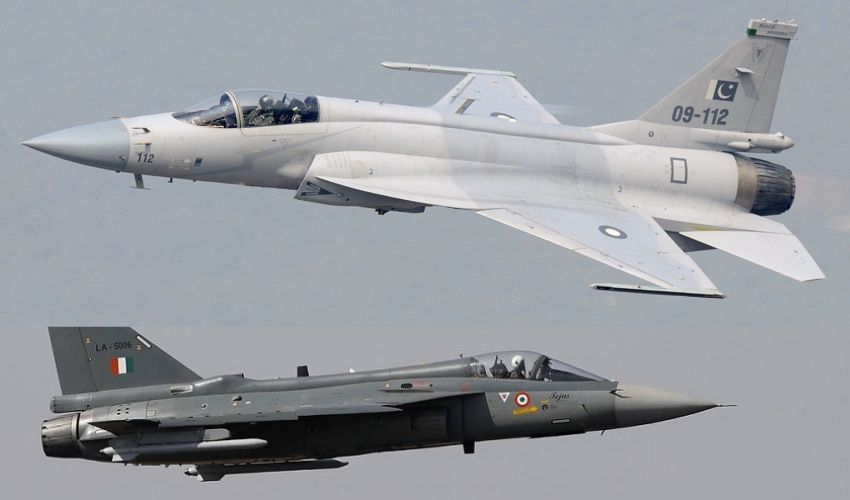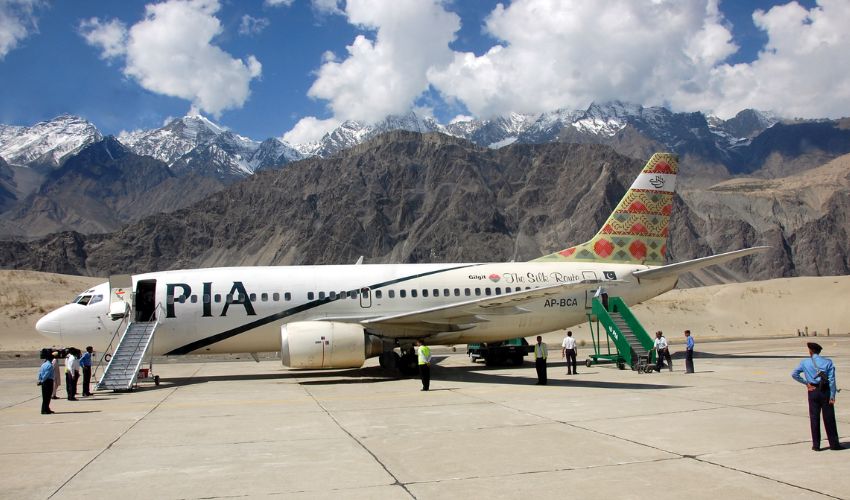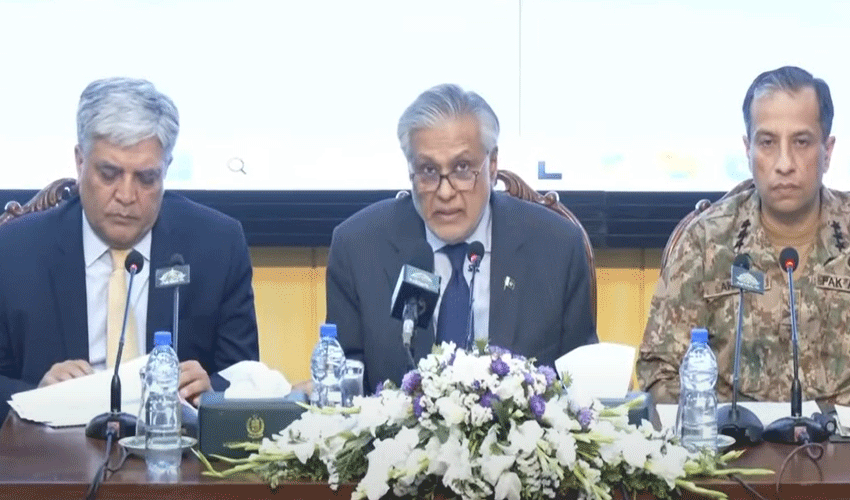In a significant escalation of hostilities between India and Pakistan, New Delhi has reportedly deployed advanced jamming systems capable of disrupting satellite-based navigation systems used by Pakistani military aircraft.
According to Indian defence sources, the electronic warfare systems have been specifically configured to interfere with multiple Global Navigation Satellite Systems (GNSS), including the American GPS, Russia’s GLONASS, and China’s BeiDou — all of which are reportedly employed by Pakistani defence forces for navigation and targeting.
The deployment, sources said, is aimed at degrading Pakistan's aerial situational awareness, targeting accuracy, and the effectiveness of its precision-guided munitions in the event of a conflict or incursion.
“These systems are capable of impairing strike capabilities of incoming aircraft by significantly disrupting their satellite navigation,” one official claimed.
The move comes in the wake of heightened tensions following the April 22 terrorist attack in Pahalgam, India-administered Kashmir, which claimed the lives of at least 26 people. Although no group has claimed responsibility for the attack, Indian officials have hinted at cross-border involvement, prompting swift retaliatory measures.
In a parallel development, India issued a Notice to Airmen (NOTAM) on April 30, restricting its airspace to all Pakistani-operated aircraft — both civilian and military — from May 1 to May 23. The NOTAM affects aircraft registered in Pakistan, including those operated or leased by Pakistani airlines.
This is not the first time India has taken such airspace-related measures. A similar airspace closure was enforced following the Balakot airstrikes in 2019, severely impacting regional flight operations and heightening diplomatic tensions.
Officials in Islamabad have yet to publicly respond to the latest electronic warfare developments, though diplomatic observers warn that the move could further strain already tenuous ties between the two nuclear-armed neighbours.
Pakistan’s Foreign Office has in the past condemned what it calls India’s “hostile and irresponsible” posturing, urging international stakeholders to prevent further escalation in South Asia. There has been no official reaction yet from the Pakistan Air Force regarding the reported jamming deployment.
Military analysts say the disruption of GNSS signals can critically impair a combat aircraft’s ability to navigate hostile airspace, evade radar, and strike targets with precision — thereby providing a tactical edge in limited conflict scenarios.
The developments come amid a larger regional flux, with both nations accused of engaging in aggressive rhetoric and cross-border provocations. Diplomatic channels between Islamabad and New Delhi have remained largely dormant in recent months.
While the current measures stop short of direct military engagement, analysts warn that such technological escalations risk miscalculation. “Electronic warfare is the new frontier — but when deployed during a crisis, it can easily spiral out of control,” said a South Asia security expert based in London.



























